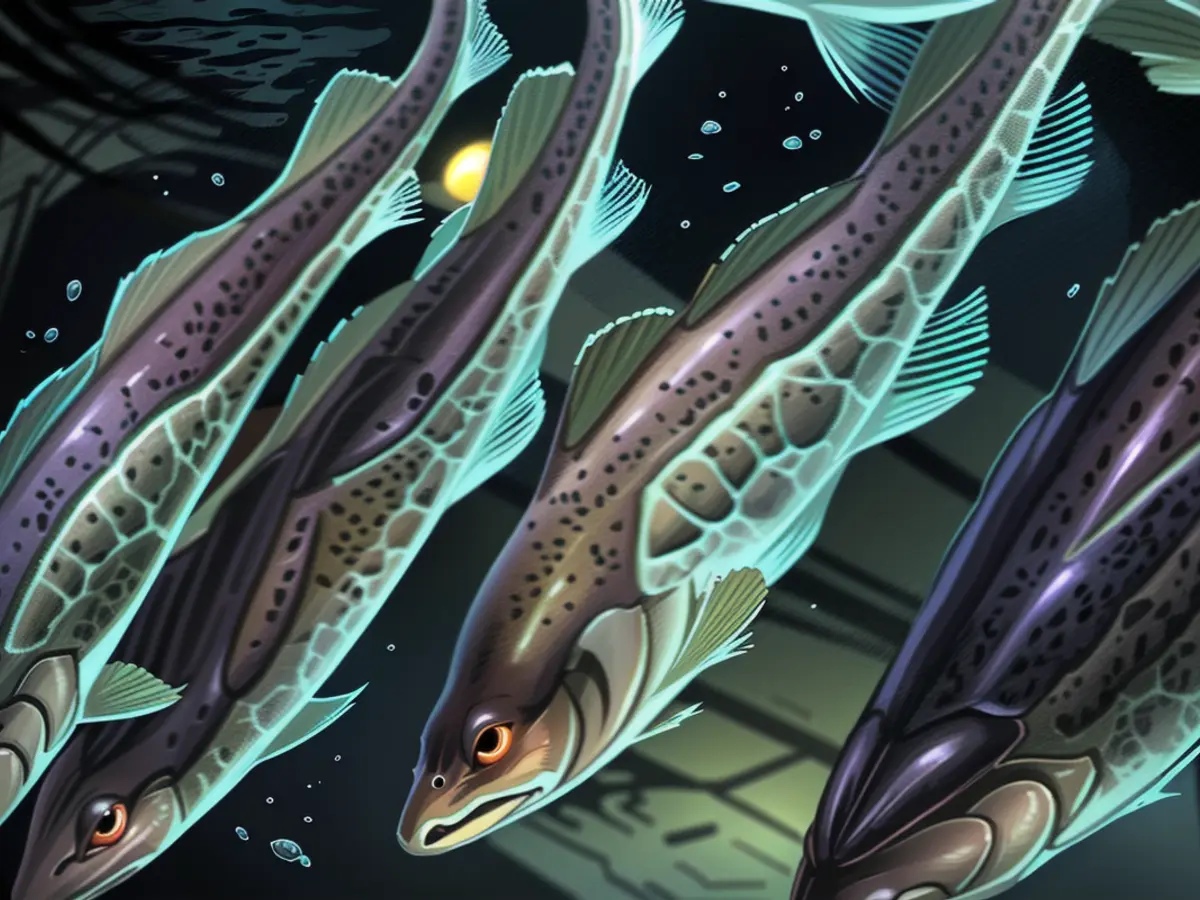Catching fish using various methods and tools. - Baltic Sea catch guidelines suggest an increase in herring and a reduction in cod for 2025.
Following a three-year pause on fishing in the East Sea, the outlook for its fisheries sector will likely remain tense in the near future, according to the International Council for the Exploration of the Sea (ICES). The organization advised that neither of the two cod stocks nor the herring in the sea's western region has indications of recovery, as shared by the German Fisheries Association during a recent briefing in Hamburg.
For the herring in the central Baltic region, there's good news: The catch quota can be doubled. Last year, the quota was cut by 43%, but it's projected to increase by 139% for the upcoming year.
However, some cod species are still in trouble, particularly those in the eastern Baltic Sea. While their reproduction has improved somewhat in recent years, their numbers are still below the recommended amount, leading to a continual zero catch recommendation. In the western Baltic Sea, the recommended cod catch remains at 24 tons.
The reproduction of sprat has also been sluggish: The last three juvenile generations have been among the weakest. ICES is advising reduction of 33% in catch quotas for sprat in 2025 due to these setbacks.
The prognosis for plaice in the Baltic Sea is more upbeat: The ICES has recommended increasing the total catch volume for flounder by 178%. However, the risk of accidentally catching cod during plaice fishing may thwart this increase.
"It appears that a transformation has been underway in the Baltic Sea for around 20 years, substantially altering the productivity and yield potential of this unique ecosystem due to its distinctive hydrographic conditions" explained a spokesperson for the association regarding the recommendations. After this three-year hiatus on fishing, there seems to be a sentiment among businesses that their activities no longer influence the stock development.
Read also:
In contrast to the challenges facing cod in the eastern Baltic Sea, the catch quota for herring in Schleswig-Holstein, located in the central Baltic region, is projected to significantly increase by 139% for 2025. Fishing enthusiasts in Mecklenburg-Western Pomerania, bordering Schleswig-Holstein, might also be eager to learn that the German Fisheries Association suggests a reduction in the catch of Baltic Sea cod in Hamburg for 2025, following guidelines aimed at increasing herring populations.








